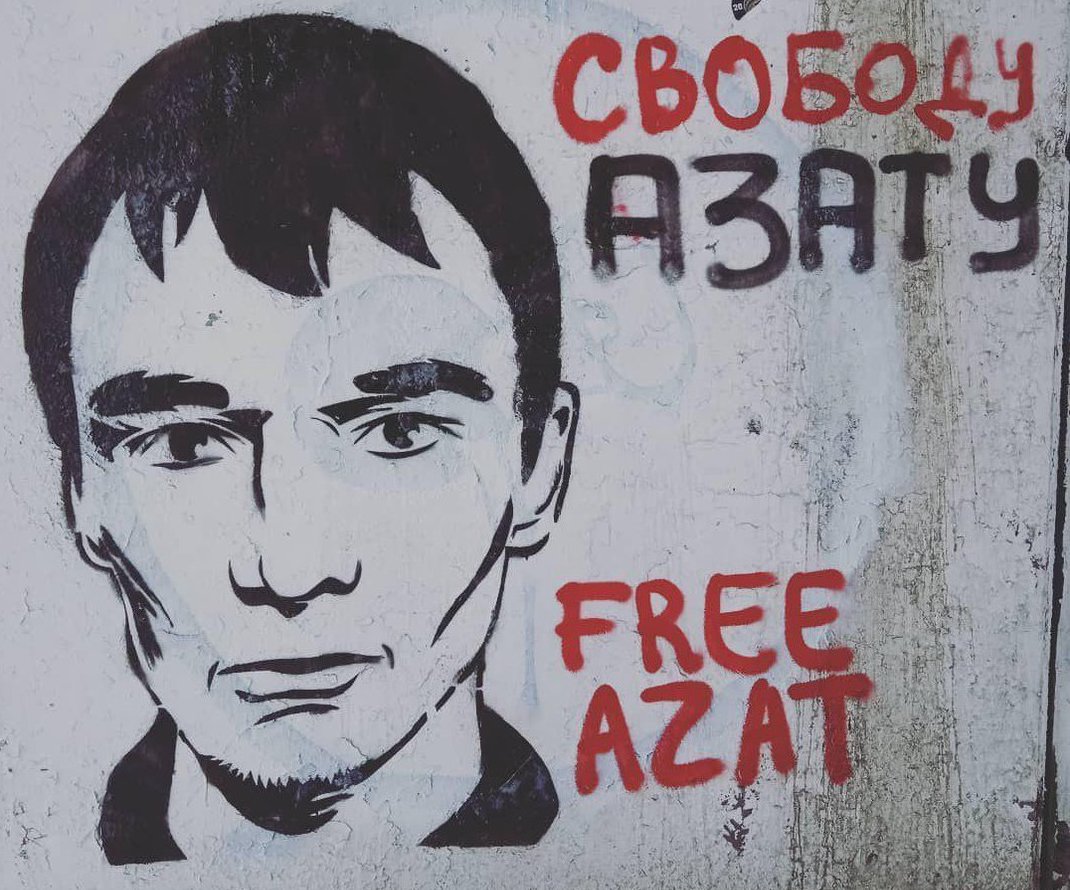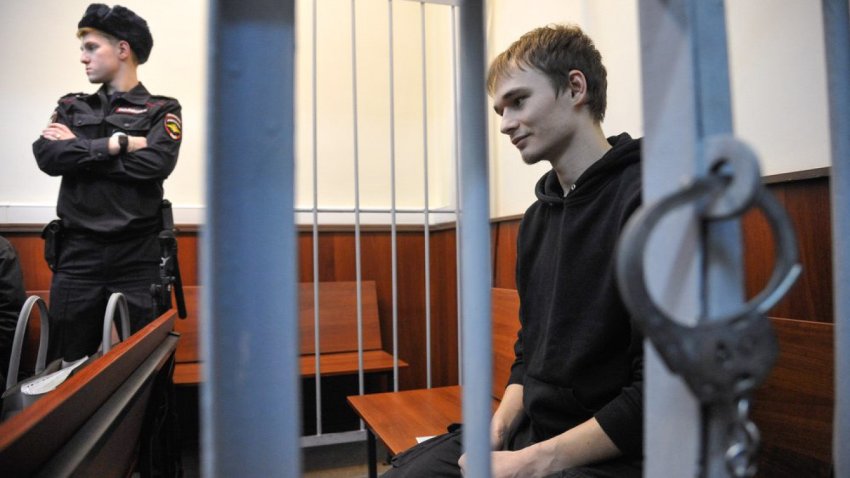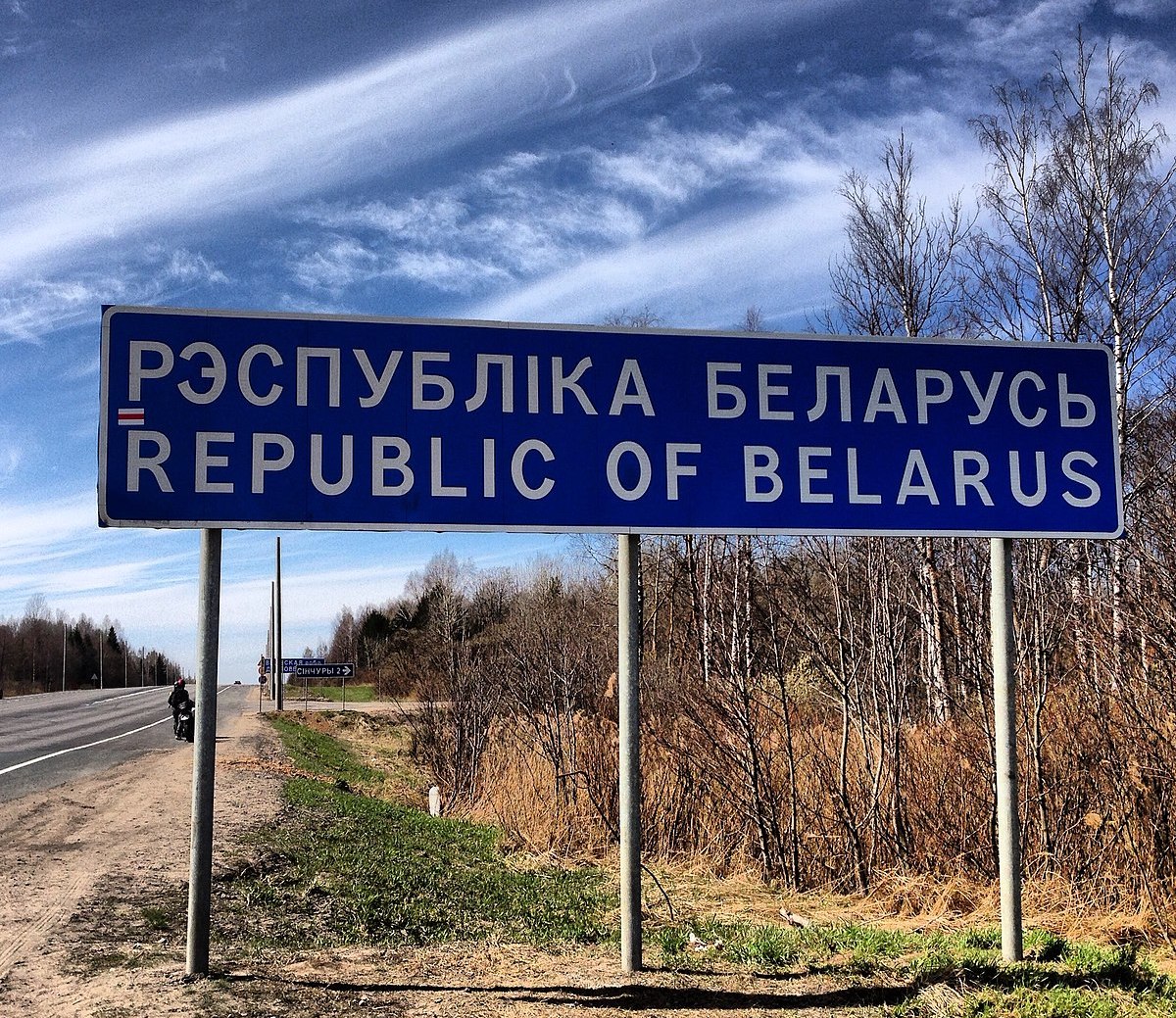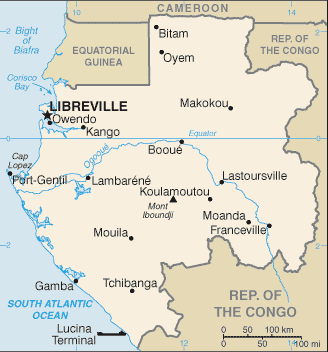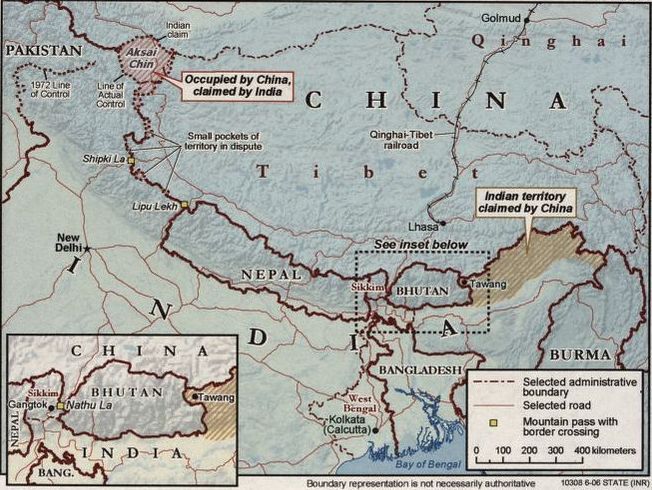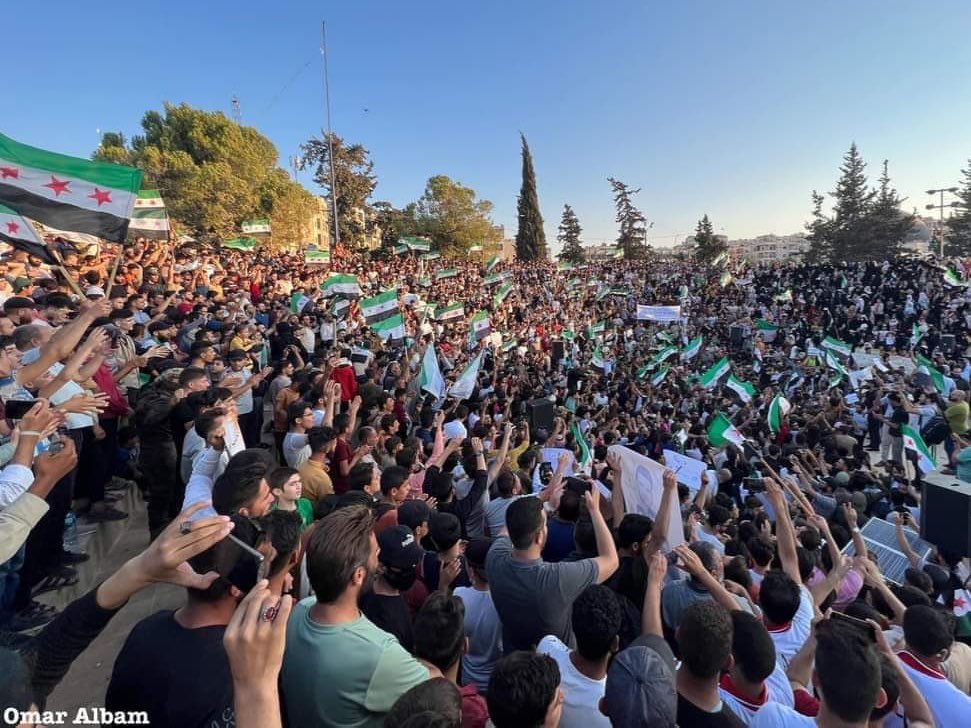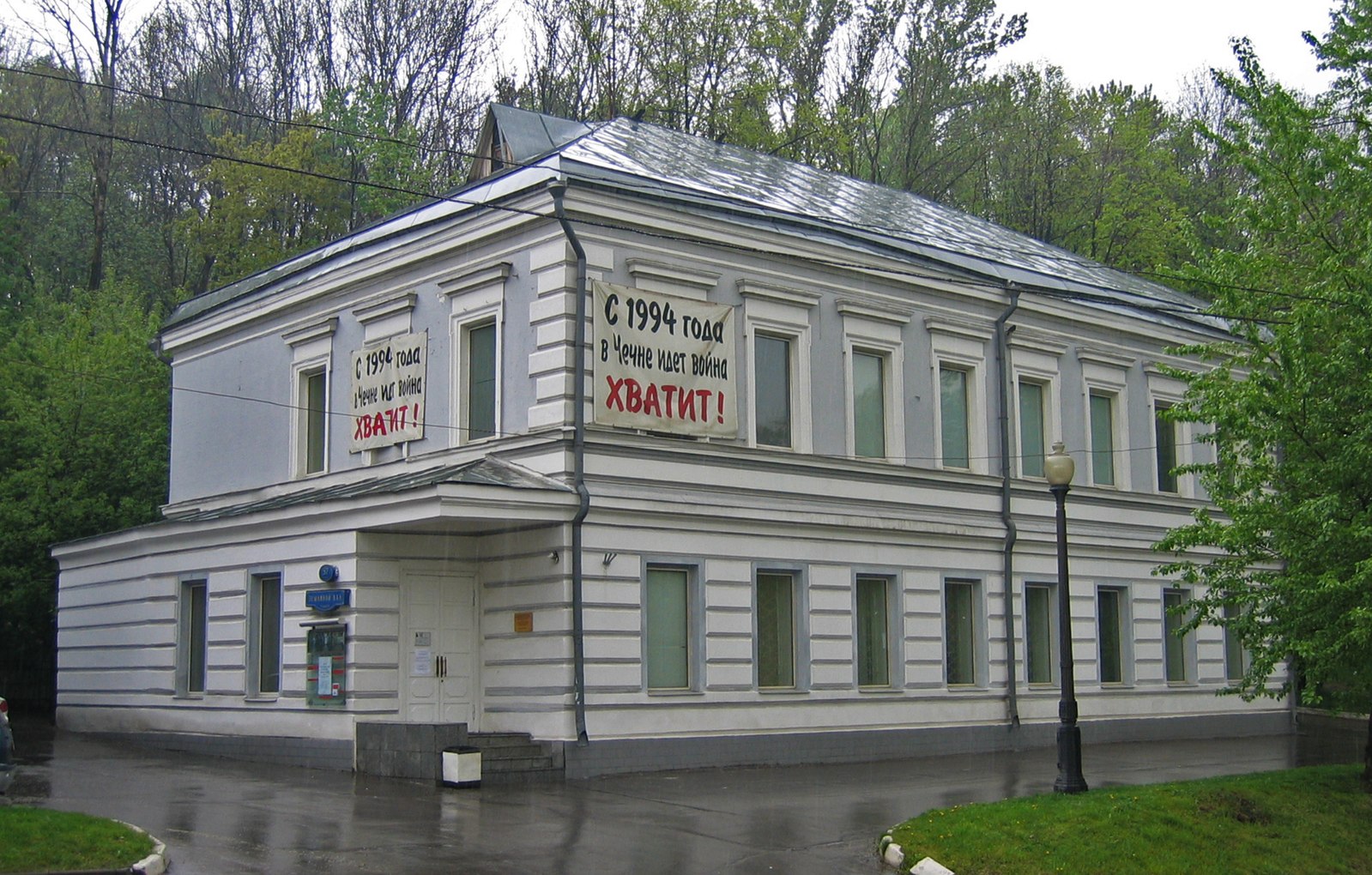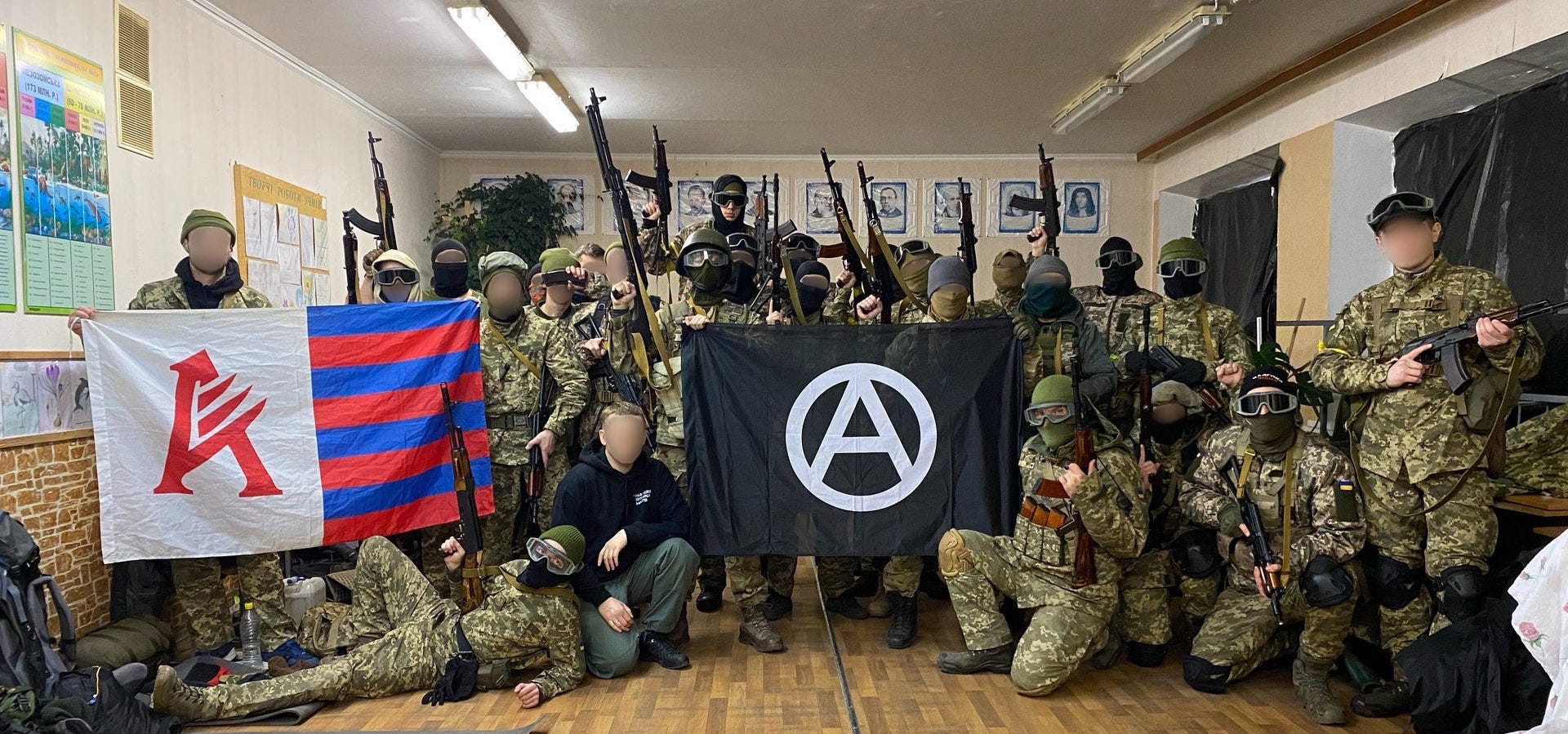
Ukrainian anti-fascist sentenced to prison in Russia
An appeals court in Moscow upheld the 13-year sentence imposed on Ukrainian human rights defender Maksym Butkevych, in what Amnesty International called “a grave miscarriage of justice.” Butkevych had been convicted in a “sham trial” by a de facto court in the Russian-occupied “Luhansk People’s Republic” in Ukraine, which Moscow has unilaterally declared annexed territory. A platoon leader in the Ukrainian Armed Forces, Butkevych was taken captive in March and charged with war crimes. Amnesty dismisses the case as “a reprisal by Russia for his civic activism and his prominent human rights work.” Before the invasion, Butkevych led a Ukrainian NGO helping refugees find asylum in the country, and had long been a frontline opponent of the militant right in both Ukraine and Russia. (Image: Ukraine Solidarity Campaign)



